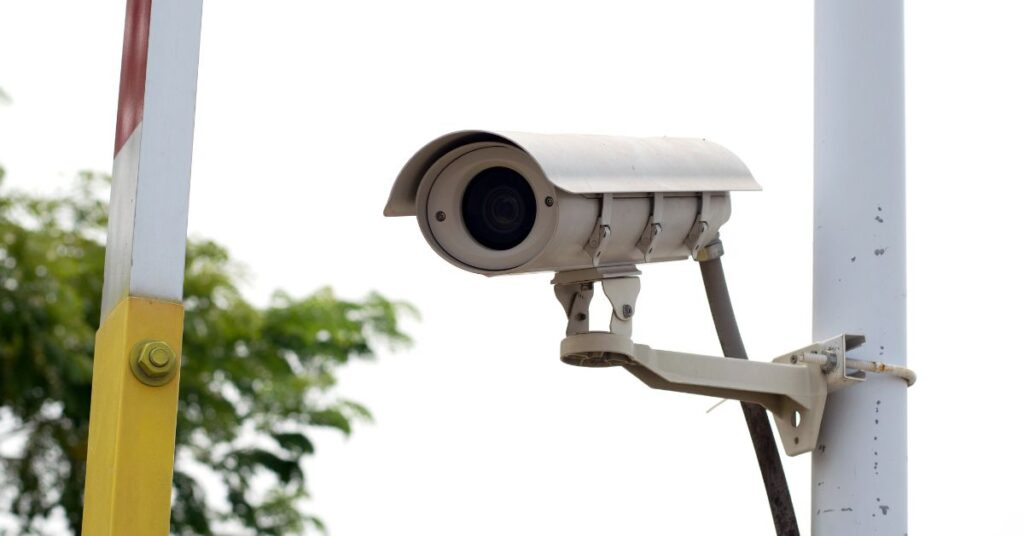In an era where security concerns are paramount, installing Closed-Circuit Television (CCTV) systems has become increasingly vital. These systems not only serve as a deterrent to criminal activity but also provide invaluable evidence in the event of incidents. From businesses to residential areas, the presence of CCTV cameras has become ubiquitous, offering a sense of safety and protection to individuals and properties alike.
The primary purpose of cctv installation is to monitor and record activities in specific areas. By capturing video footage in real-time, these systems act as vigilant guardians, constantly surveilling the surroundings and deterring potential wrongdoers. The mere presence of cameras can dissuade criminal behavior, as individuals are less likely to engage in illicit activities when they know they are being watched.
Moreover, CCTV systems provide irrefutable evidence in the event of crimes or disputes. The recorded footage serves as a reliable record of events, aiding law enforcement agencies in investigations and judicial proceedings. From thefts and burglaries to vandalism and assaults, CCTV footage often plays a pivotal role in identifying perpetrators and bringing them to justice.
Business establishments, in particular, benefit greatly from CCTV installation. Retail stores, banks, restaurants, and other commercial enterprises utilize these systems to safeguard their premises, assets, and personnel. CCTV cameras not only help prevent shoplifting and employee misconduct but also monitor for potential hazards such as fires or accidents. Additionally, they enable managers to remotely monitor operations and ensure compliance with company policies and procedures.
In residential areas, CCTV installation provides residents with peace of mind and a heightened sense of security. Homeowners can monitor their properties remotely, keeping an eye on their surroundings even when they are away. This added layer of surveillance can deter burglars and trespassers, while also enabling swift action in the event of suspicious activity or emergencies.
Furthermore, CCTV systems contribute to public safety and crime prevention on a broader scale. In urban areas, where densely populated spaces are susceptible to various security threats, the presence of surveillance cameras can significantly reduce crime rates. By acting as a deterrent and providing valuable evidence, CCTV installations enhance overall security and contribute to the well-being of communities.
However, the benefits of CCTV installation extend beyond security and crime prevention. These systems also play a crucial role in traffic management, crowd control, and public monitoring. In cities worldwide, traffic cameras help regulate traffic flow, enforce traffic laws, and monitor for accidents or congestion. Similarly, surveillance cameras in public spaces aid authorities in managing large gatherings, ensuring public safety during events, protests, or demonstrations.
Despite the undeniable advantages of CCTV installation, concerns regarding privacy and surveillance remain prevalent. Critics argue that widespread surveillance infringes upon individuals’ privacy rights and fosters a culture of constant monitoring and suspicion. It is essential to strike a balance between security measures and privacy considerations, ensuring that CCTV systems are deployed responsibly and transparently, with appropriate safeguards in place to protect citizens’ rights.
In conclusion, CCTV installation plays a crucial role in modern-day security and surveillance efforts. From deterring criminal activity and providing evidence for investigations to enhancing public safety and monitoring traffic, these systems offer a myriad of benefits to individuals, businesses, and communities. However, it is imperative to address privacy concerns and implement appropriate measures to ensure that CCTV deployment is conducted ethically and in accordance with legal and regulatory frameworks.

